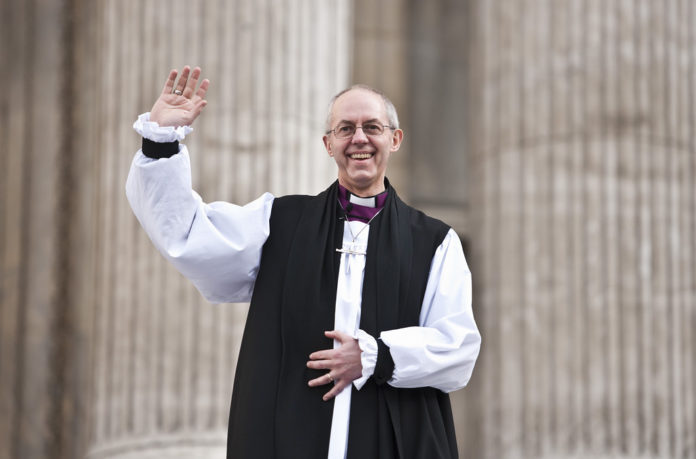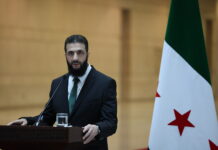The Archbishop of Canterbury, Justin Welby, has re-affirmed biblical teaching that gay sex is sinful.
Welby, who is the leader of the global Anglican church (Christianity’s second largest denomination), told more than 650 bishops attending the Lambeth conference in London that for “a large majority” of conservative Anglicans, questioning biblical teaching was “unthinkable.”
Welby said: “In many countries, [it] would make the church a victim of derision, contempt and even attack. For many churches, to change traditional teaching challenges their very existence.”
And in a letter sent to bishops Welby said the 1998 resolution which stipulates that gay sex is a sin, known as Lambeth 1.10, was “not in doubt.”
But he also indicated that he would not seek to discipline or exclude churches that conduct or bless same-sex marriage.
There is a split in the Anglican Church between Western bishops who are more liberal and African and Asian bishops who are more conservative.
The Global South Fellowship of Anglican Churches, which claims to represent 75% of Anglicans across the globe, said 1.10 “explicitly applies the clear and historic teaching of scripture to matters of sexual morality.”
Subscribe to our newsletter and stay updated on the latest news and updates from around the Muslim world!
Lambeth 1.10 rejects “homosexual practice as incompatible with scripture” and “upholds faithfulness in marriage between a man and a woman in lifelong union.” It says same-sex unions should not be legitimised or blessed.
The Global South Fellowship of Anglican Churches proposed a resolution that this conference: “In view of the teaching of Scripture, upholds faithfulness in marriage between a man and a woman in lifelong union, and believes that abstinence is right for those who are not called to marriage; recognises that there are among us persons who experience themselves as having a homosexual orientation.
“Many of these are members of the Church and are seeking the pastoral care, moral direction of the Church, and God’s transforming power for the living of their lives and the ordering of relationships. We commit ourselves to listen to the experience of homosexual persons and we wish to assure them that they are loved by God and that all baptised, believing and faithful persons, regardless of sexual orientation, are full members of the Body of Christ;
“while rejecting homosexual practice as incompatible with Scripture, calls on all our people to minister pastorally and sensitively to all irrespective of sexual orientation and to condemn irrational fear of homosexuals, violence within marriage and any trivialisation and commercialisation of sex; cannot advise the legitimising or blessing of same sex unions nor ordaining those involved in same gender unions; notes the significance of the Kuala Lumpur Statement on Human Sexuality and the concerns expressed in resolutions IV.26, V.1, V.10, V.23 and V.35 on the authority of Scripture in matters of marriage and sexuality.”
On the other hand, Michael Curry, the primate of the U.S. episcopal church, said churches exist in “very different cultural contexts.”
In the U.S. “it would have been unthinkable for us not to bless and sanctify loving relationships between LGBT folk,” he added.























